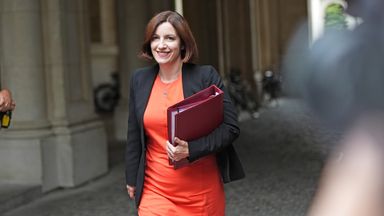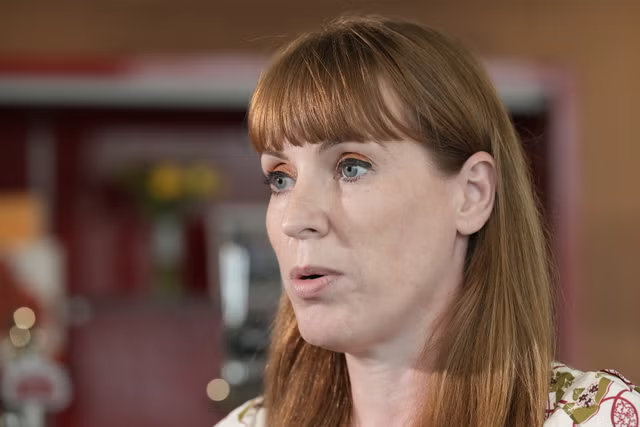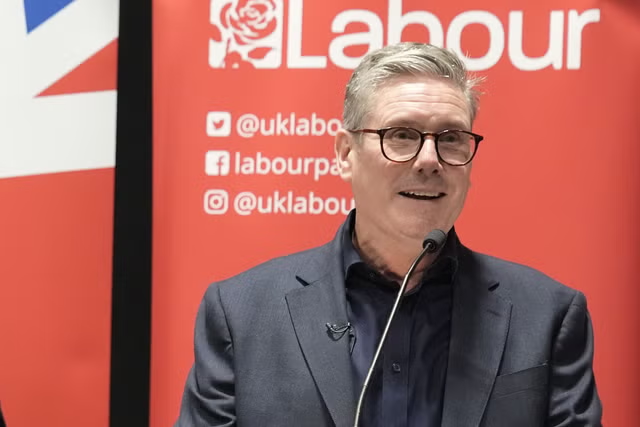Your support helps us to tell the story
Support NowAs your White House correspondent, I ask the tough questions and seek the answers that matter.
Your support enables me to be in the room, pressing for transparency and accountability. Without your contributions, we wouldn't have the resources to challenge those in power.
Your donation makes it possible for us to keep doing this important work, keeping you informed every step of the way to the November election

Andrew Feinberg
White House Correspondent
A state election is taking place in Brandenburg on Sunday, three weeks after a far-right party made gains in two other states in eastern Germany.
Around 2.1 million people are registered to vote for a new state parliament in Brandenburg, the state that surrounds the German capital, Berlin.
Sunday's election is being watched closely for signs about the country's political direction.
The latest polls showed that the far-right Alternative for Germany is neck-and-neck with the Social Democrats, the party that has governed Brandenburg continuously since German reunification in 1990.
The Social Democrats, the largest party in Chancellor Olaf Scholz's three-way coalition government, are hoping to maintain control of their stronghold in the face of rising support for parties on the extreme right and left.
If the Social Democrats lose in Brandenburg, it would be seen as a bad omen for Scholz a year before a federal election that is due to be held on Sept. 28, 2025. Scholz lives in Potsdam, the capital of Brandenburg, and German political observers believe the chancellor's political future will be shaped by the results of Sunday's vote in Brandenburg.
The fate of the Brandenburg governor, Dietmar Woidke, is also hanging in the balance. He made it his goal for his Social Democrats to beat Alternative for Germany, or AfD, and vowed to resign should the AfD win.
“If I lose against the AfD, I am gone,” Woidke said.
The Alternative for Germany won the most votes in the state of Thuringia and also did well in an election in Saxony on Sept. 1. A new party founded by a prominent leftist also made a strong impact, while the parties in Scholz’s unpopular national government obtained extremely weak results.
That was the first time the far right won an election in Germany since World War II, and it dealt a heavy blow to Scholz's centrist coalition. It also generated concerns in Germany and abroad about the growing support for the extreme right in the largest European Union country, and a member of NATO.
The far-right party has gained support amid a growing backlash to large-scale migration to Germany over the past decade and several recent extremist attacks. Germany's economy, once a powerhouse, has been weakening, adding to a general feeling of malaise.
Sunday's vote follows a heated election campaign centered on the issues of migration, internal security and peace. Both the far right and the new leftist movement, the Sahra Wagenknecht Alliance, or BSW, want to end weapons deliveries to Kyiv as Ukraine tried to defend itself against Russia's full-scale invasion.
Even if the Alternative for Germany wins in Brandenburg, it is unlikely to govern because other parties have refused to work with it.
Disclaimer: The copyright of this article belongs to the original author. Reposting this article is solely for the purpose of information dissemination and does not constitute any investment advice. If there is any infringement, please contact us immediately. We will make corrections or deletions as necessary. Thank you.



